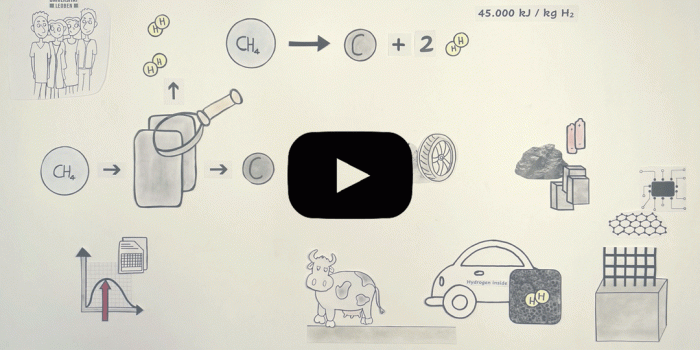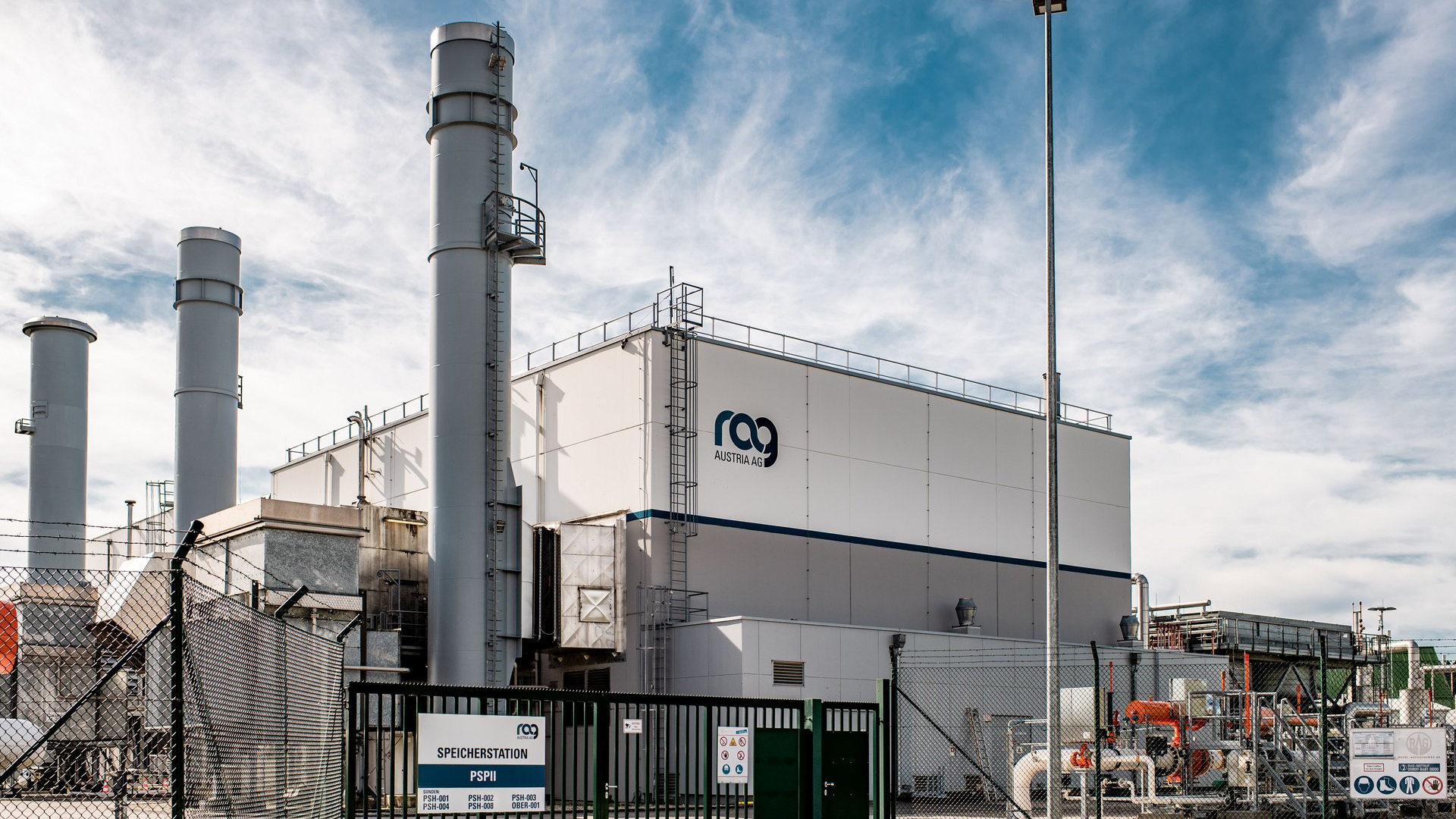Sustainable Carbon Supply and Energy Mining based on Methane decomposition is seen as a major contribution to a future carbon footprint reduction while maintaining a sustainable supply with raw materials and green energy.

Natural gas is the fossil fuel containing the least impurities with an estimated global resource of around 800 trillion m³. Although the composition of natural gas can vary to some extent, its primary component is methane, CH4. By endothermic decomposition (methane pyrolysis) methane can be split into its components carbon and hydrogen (H2) where especially hydrogen is of interest as a future alternative for various industrial applications. Additionally, there is a high potential for various large-scale applications of carbon, especially in construction and agriculture, if the carbon is available at a lower price than from presently available resources.
Besides the well-known research activities of Montanuniversität Leoben in the fields of metallurgy, raw material supply, and mineral processing the university also has a profound knowledge in the field of high-tech research and applications of carbon based materials. This is a key factor for the sustainable valorisation of a considerable portion of the carbon product from the methane pyrolysis from the economic point of view.
The efficient storage of energy combined with a minimum carbon footprint, as well as the effective capture and conversion of unwanted greenhouse emissions are considered the major challenges towards a progressive, sustainable and environmentally friendly society on a global scale [Aneke2016]. Energy can be stored in pure chemical form using gas carriers with high heating values, such as hydrogen (H2), as well as in electrical form, for instance in batteries or by storing ions at the electrode/electrolyte interface in electrical double layers capacitors. Storage of energy by these technologies opens the most attractive scenarios towards replacement of the present utilization of finite, carbon-rich and environmentally harmful fossil fuels, such as diesel and gasoline.
Consequentially, methane pyrolysis is a crucial and promising technology for the economic production of hydrogen at industrial scale without a CO2 footprint while additionally generating value from the carbon product. The current challenges for future industrial implementation of this technology are (1) the scalability of the processes and (2) the generation of high-value carbon products for small markets as well as low-price valorisation routes for bulk markets like construction industry and agriculture.

RAG-Speicher in Puchkirchen (Copyright: Karin Lohberger)
Project partners: Montanuniversität Leoben, Technische Universität Wien, Primetals Technologies Limited, Wien Energie GmbH, voestalpine AG, RAG Austria AG